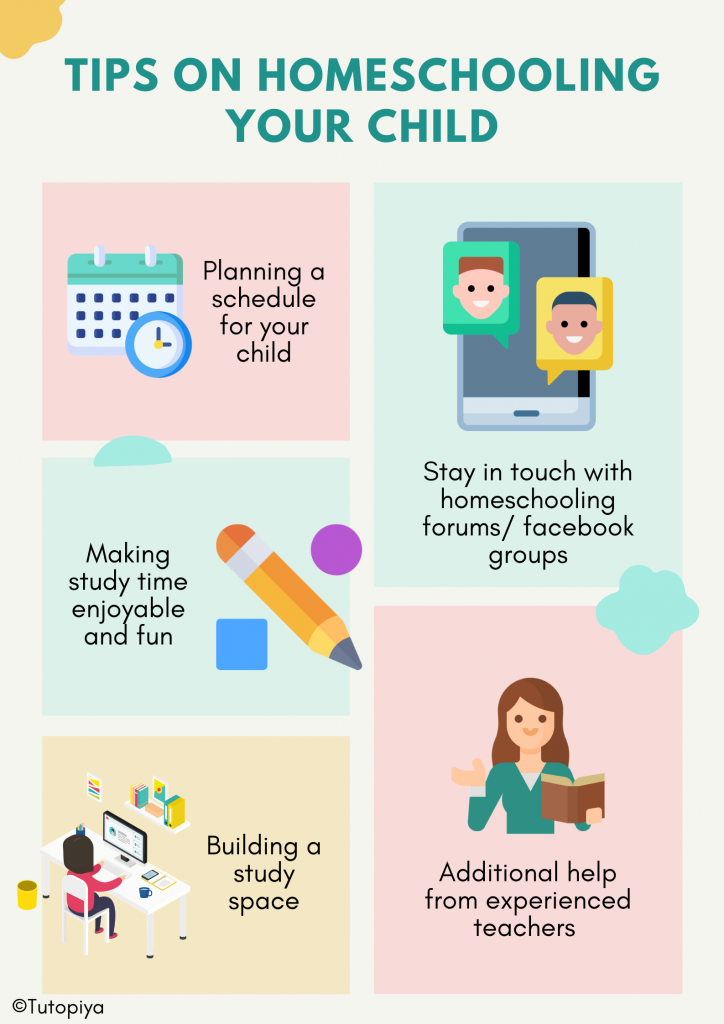
What Is Homeschooling: All You Need to Know as Parents and Students
Homeschooling is becoming a common topic for students and parents. Find out the benefits of homeschooling and get quick-start tips to help your family make confident decisions.
What is homeschooling?
Homeschooling is bringing education home. Instead of sending your child to a public or private school, families choose to manage learning from home, tailoring the curriculum, pace, and daily routines to each child.
Reasons for homeschooling
Families choose homeschooling for many reasons, including:
- Relocating to another state or country and needing continuity
- Wanting a flexible learning schedule that fits family life
- Creating space to cultivate and strengthen morals and values at home
What do I need to know before homeschooling my children?
1. Your child’s future plans
Some parents homeschool without following a specific curriculum or sitting national examinations. Others plan for their children to take national exams as private candidates. Because colleges and universities set different entry requirements, discuss long-term goals with your child so you can align the curriculum, exam board, and subject choices with their dream pathway.
2. Materials and resources
List the textbooks, manipulatives, and digital resources you need. If you are following a recognised curriculum, review official booklists to stay on track. Unsure where to start? Join homeschooling forums and Facebook groups—experienced parents often share recommendations for materials and lesson templates.
3. Personal tutor
Stay open to outside help. A personal tutor can lighten the load if your child needs extra challenge or support. Online tuition, such as Tutopiya’s 1-1 live lessons for students aged 7 to 19, offers convenience plus access to tutors experienced in curricula like IGCSE, IB, and national syllabi.
Tips on homeschooling your children

1. Plan a schedule with your child
One of the best perks of homeschooling is flexibility. Work with your child to co-create a timetable and keep lesson start times consistent so study becomes a habit.
Schedule tip: try to keep core study sessions at the same time each day—routine helps children transition smoothly into learning mode.
2. Make study time enjoyable and fun
Personalise learning whenever you can. Traditional classrooms rarely offer spontaneous experiments or field sessions, but homeschoolers can learn through hands-on activities, outdoor explorations, or curated projects. Platforms like YouTube host countless safe, simple home experiments you can adapt.
3. Build a dedicated study space
Design a clutter-free study zone stocked with stationery, books, and bright lighting. A clear boundary between “learning space” and “play space” helps children focus and compartmentalise tasks.
4. Stay in touch with homeschool communities
Tap into collective wisdom through forums and Facebook groups. Parents often share timetables, resource lists, and troubleshooting tips. Start with the Homeschooling Facebook Group Singapore.
5. Seek additional help from experienced teachers
Beyond your own lessons, consider hiring a home tutor or enrolling in online tuition. An experienced educator can introduce new strategies, keep learning on track, or accelerate advanced learners. Need a comparison point? Read Online tuition with Tutopiya vs Face-to-Face Tuition.
About the author
Eleen Tan is a Singapore-based university student and freelance writer who shares practical education tips with fellow learners. She enjoys creative arts, volunteering, and helping students feel confident about their academic journeys.
Written by
Eleen Tan
Contributing Writer
Related Articles

Flexible IGCSE Homeschooling for Athletes, Performers & Young Entrepreneurs
Athletes, performers, and young entrepreneurs need flexible education that works around their demanding schedules. Discover how Tutopiya's IGCSE homeschooling supports students pursuing competitive sports, performing arts, or business ventures.

IGCSE Homeschooling: The Alternative to Overcrowded & Underperforming Local Schools
Frustrated with overcrowded classrooms and underperforming local schools? Discover how IGCSE homeschooling with Tutopiya provides superior education, personalized attention, and internationally recognized credentials.

IGCSE Homeschooling for Expatriate Families: Consistent Education Across Global Relocations
Discover how expatriate families can maintain educational continuity with IGCSE homeschooling. Learn strategies for consistent curriculum across relocations and how Tutopiya supports globally mobile families.
